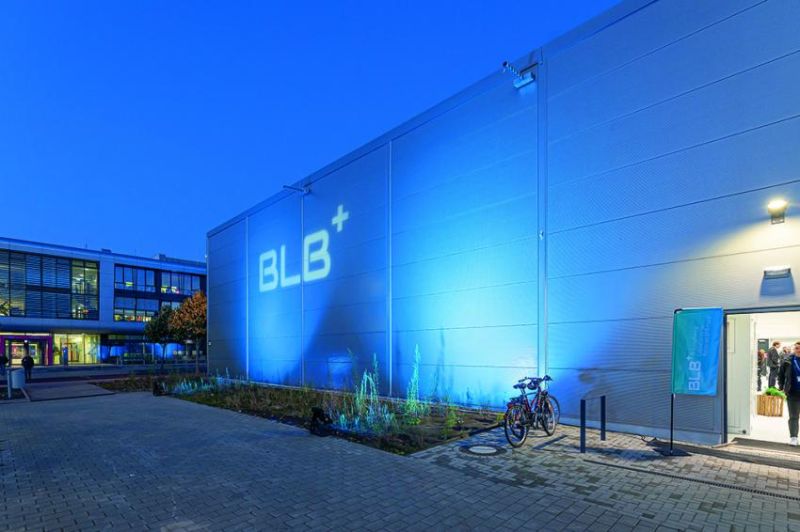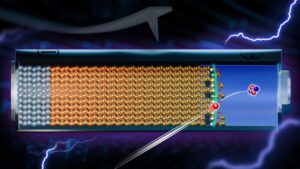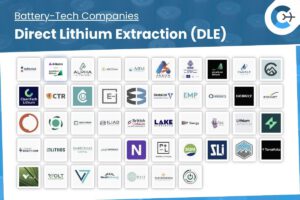On August 18, 2023, the Technical University of Braunschweig officially broke ground for the Center for Circular Production of Next Batteries and Fuel Cells (CPC). Scheduled to open in late 2027, the new 3,700-square-meter research facility will host roughly 150 scientists working on circular production and recycling processes for batteries and fuel cells. The project carries an estimated cost of €73 million, of which €65 million is provided by state and federal funding.
The CPC’s core mission is to integrate recycling and material resynthesis into the early product development stages of advanced energy storage systems. Research teams in process engineering, recycling, manufacturing, chemistry, physics and logistics will pursue work on solid-state batteries, membrane-based flow batteries, fuel cells and metal-oxygen systems. Emphasis will be placed on recovering critical raw materials and converting them into high-purity active materials, enabling fully closed material loops and more sustainable resource management.
Positioned adjacent to existing facilities—TU Braunschweig’s vehicle technology and aerospace research centers, the Fraunhofer Center for Energy Storage and Systems (ZESS) and the BLB Battery LabFactory CircularLab—the CPC will strengthen collaborations across energy storage, mobility and aerospace research. The new building also aligns with Germany’s HighTech Agenda goals for climate-neutral mobility technologies and clean energy generation, supporting plans to establish competitive battery production and circular supply chains by 2035.
As part of the regional Braunschweig LabFactories for Batteries and more (BLB+) network, the CPC joins forces with the Battery LabFactory Braunschweig, Fraunhofer ZESS, TU Clausthal, the Physikalisch-Technische Bundesanstalt and the Leibniz University Hannover. The consortium emphasizes data-driven electrode and membrane development, innovative cell concepts, in-situ diagnostic methods, digital simulation tools and optimized recycling and materials synthesis. Close industry partnerships are intended to accelerate the transition of research results into market-ready products, contributing to a resilient, low-carbon energy supply in Germany and Europe.
Source: magazin
















